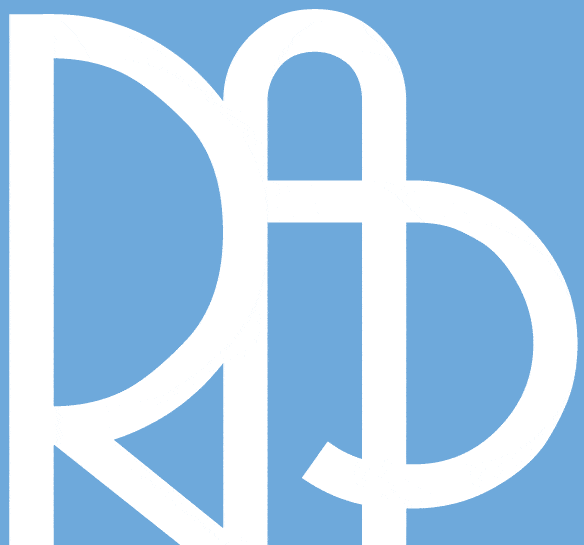Family Intensive Consultation Services
Our signature program involve a uniquely tailored, collaborative, team approach to consultation and treatment work with your family.
Special note for Adoptive Families:
Mindfully preparing for the arrival of a child with a complicated history into your family or trying to re-establish a sense of “normalcy” and peace after an adoption that has not gone the way you had expected takes a lot of support. We created the Family Intensive Consultation Services because at the heart of our passion for adoptive families is our hope that more adoptive families can stay together, not just physically in the same home, but feel emotionally engaged, supported, and delighted by each other’s company.
The Program
Our exceptional treatment team trained in Dyadic Developmental Psychotherapy (DDP) aims to support you through the complexities of developmental psychology, trauma, mental health, and learning disabilities, so you can get as many questions answered about your child’s emotional, cognitive, and neurological areas of strengths and difficulties as possible. We feel you have to understand your child in order to feel like a competent parent and weather the storms of clinging and/or rejection so that your child can heal and your family can thrive.

Mind

Connection

Body
GETTING STARTED
What to Expect
We find that families who engage in our Family Intensive Consultation Services come away from their time with our team with more tangible ideas about the ways that their family can change, a sense of feeling more connected, and with a revitalized sense of hope and that things can get better.
Five days of the Family Intensive therapeutic work is almost equivalent to 4 months of weekly family therapy sessions. Beyond the accelerated time frame, meeting for extended periods of time has the paradoxical effect of feeling less rushed for time and can allow for greater safety to do deeper work on family members’ trauma and attachment histories.
What happens during family intensive treatment?
– Initially, a series of 2-4+ parent(s)-only sessions with two Rennicke & Associates therapists to prepare for the Family Intensive sessions
– Once parents feel comfortable and more confident, the Dyadic (Parent(s)-Child) Family Sessions we typically see families for 3 hour sessions/day, for 5 consecutive days, for 15 hours total of therapeutic work
– Treatment is a combination of parent(s)-only and dyadic parent(s)-child sessions
What might I gain out of a family intensive treatment as a parent?
– Reduction in experience of blocked care/caregiver burnout
– Working, practical understanding of your own attachment history. Increased experiential and emotional awareness of your child’s developmental and attachment history
– Understanding principles of relationally based ways of addressing behavioral/emotional disruptions with your child
– Practicing link between self-care and increased capacity to nurture your child
What might my child gain from their experience in the family intensive program?
– Substantive start on understanding their life’s story/adoption story
– Age appropriate understanding of trauma and emotion regulation/dysregulation
– Identification of triggers due to their story or their neurological make up
– Age appropriate understanding of their fear of getting too close/dependent on parents.
How might my relationship with my child begin to change during this process?
– Experience more prolonged glimmers of enjoyment and delight in your interactions
– Experience “better compliance” with family rules and routines due to reduction in power struggles.




